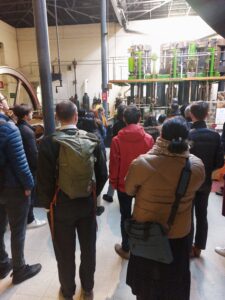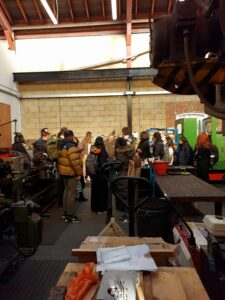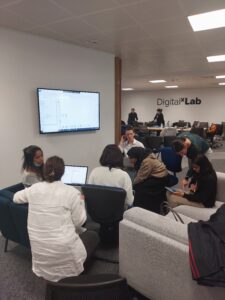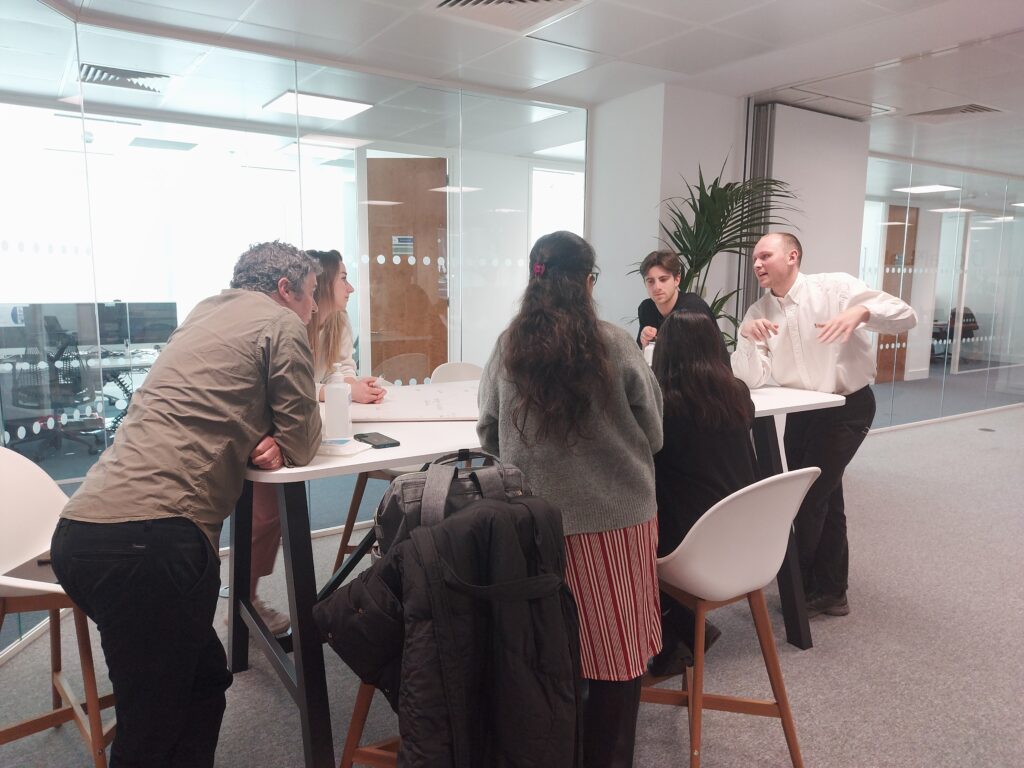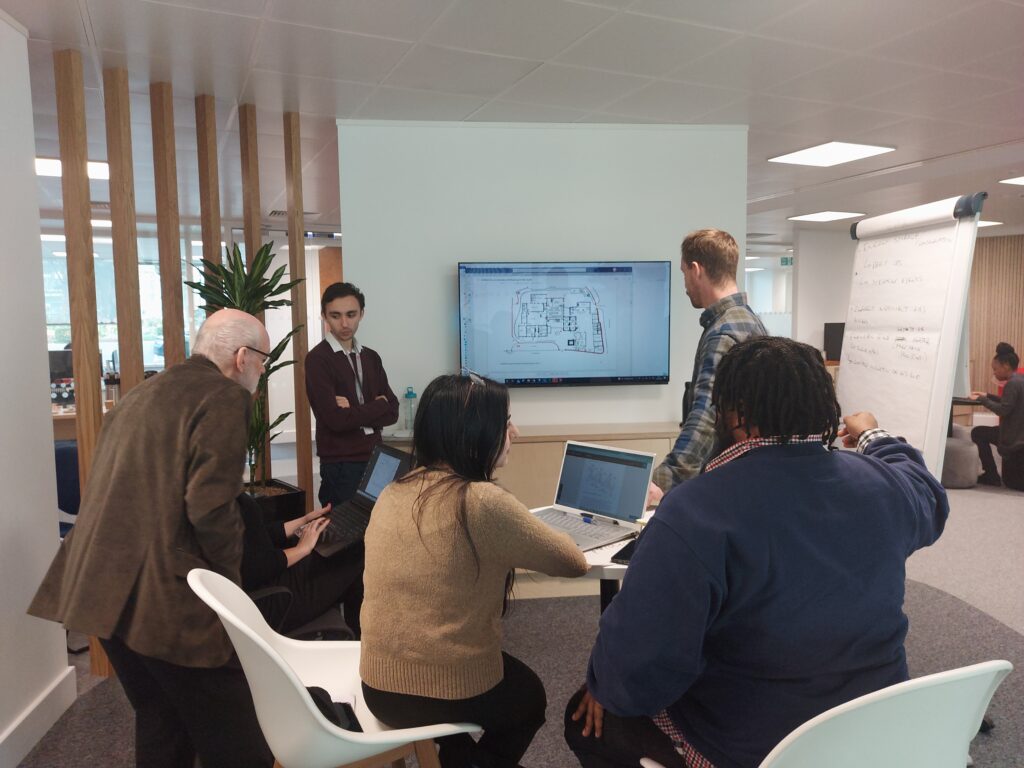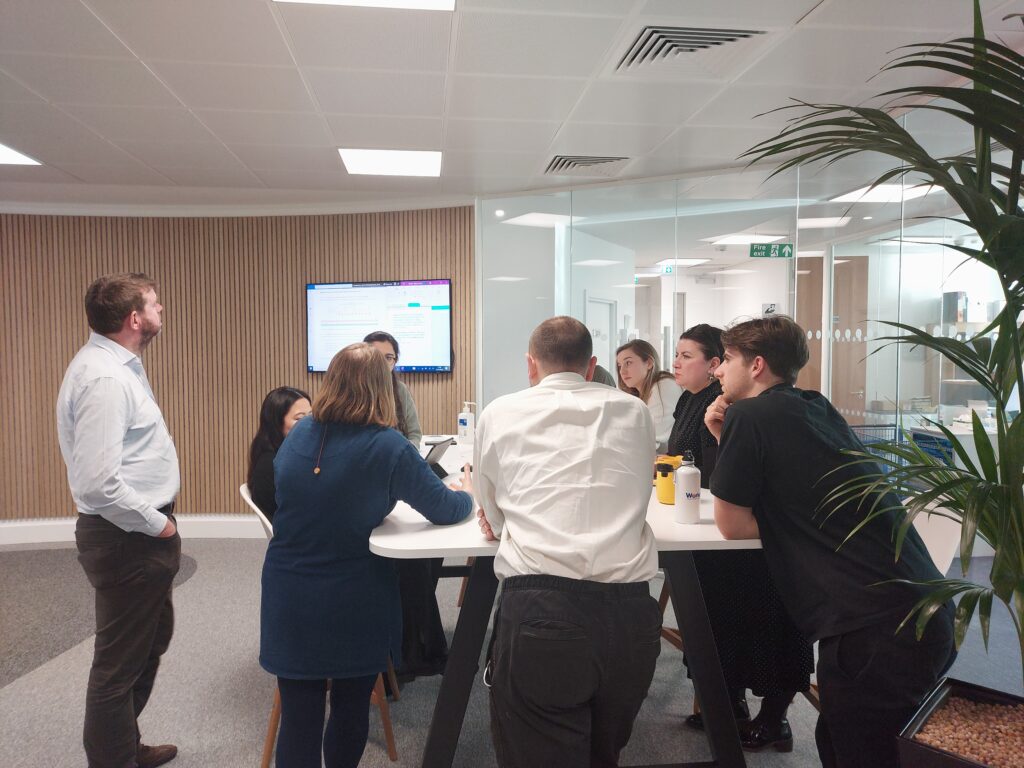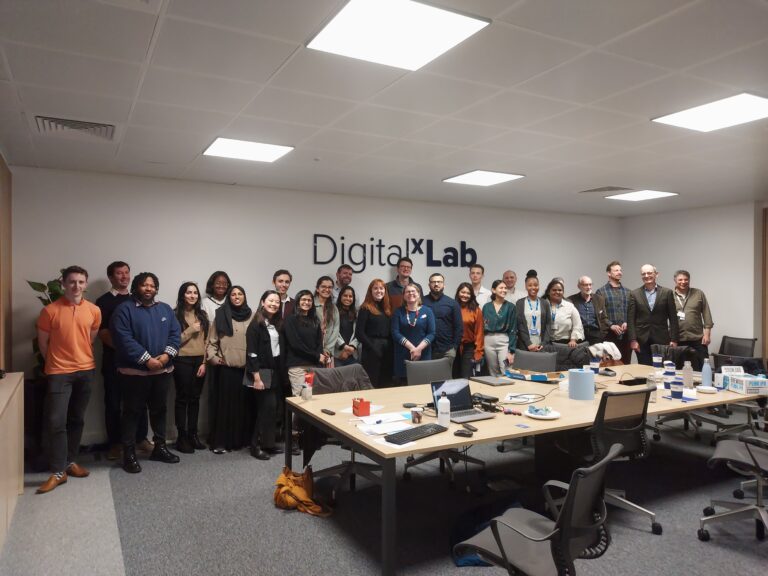Sustainable Steam: Hackathon
Sustainable Steam is a new undertaking for the Museum as we start to explore how we can reduce our carbon footprint to zero over the next 30 years, while maintaining the London Museum of Water & Steam as a working industrial Museum.
Even more than some other Museums, we face a big challenge. Not only to run as a museum, but to maintain our commitment to running our historic steam engines.
To kick the project off, we embarked on a Hackathon event in partnership with Worley Engineering and Skelly and Couch. Hackathons normally tackle a digital challenge, but the day proved that they can be just as effective with a more physical issue. Based in the Worley Digital Lab, the day saw over 40 students, graduates, and subject matter experts come together to tackle some of the biggest challenges faced by the Museum. We were joined online from teams in Edinburgh, Inverness and Doha.
Once introduced to the Museum, groups each took one challenge, including:
- how to reduce the carbon footprint of the Museum’s day to day operations,
- how to provide better heating and humidity control,
- the engines being in steam,
- alternative fuels for the locomotives,
- the historical carbon footprint of the Museum.
As well as data put together on energy usage at the Museum, and records about heat and humidity from our New Year Steam Up, the groups also had access to first-hand information, with Richard and George from our volunteer team joining us for the day. They were heavily quizzed about the more technical aspects of running the Museum.
After a break for pizza, the teams put together their ideas and presented them to the group as a whole, with some brilliant and imaginative ideas coming forward. From running the locomotives on vegetable oil, ground source water pumps, electric boilers, and energy generating floors, to solar cells, insulation materials and connecting water turbines to our tower to make electricity using the old pipes inside.
We are now forming a steering group, where the first task will be to look at the many ideas on the table and explore which ones should be worked up into a feasibility study. The group will also lead on all aspects of the work including planning, engineering, funding, interpretation and engagement activities.
If you would like to be part of the Sustainable Steam steering group, please do get in touch. As a Museum we have a long way to go, but we feel we have started the ball rolling in the right direction.
By Liz, Museum Director, and Richard, Volunteer
